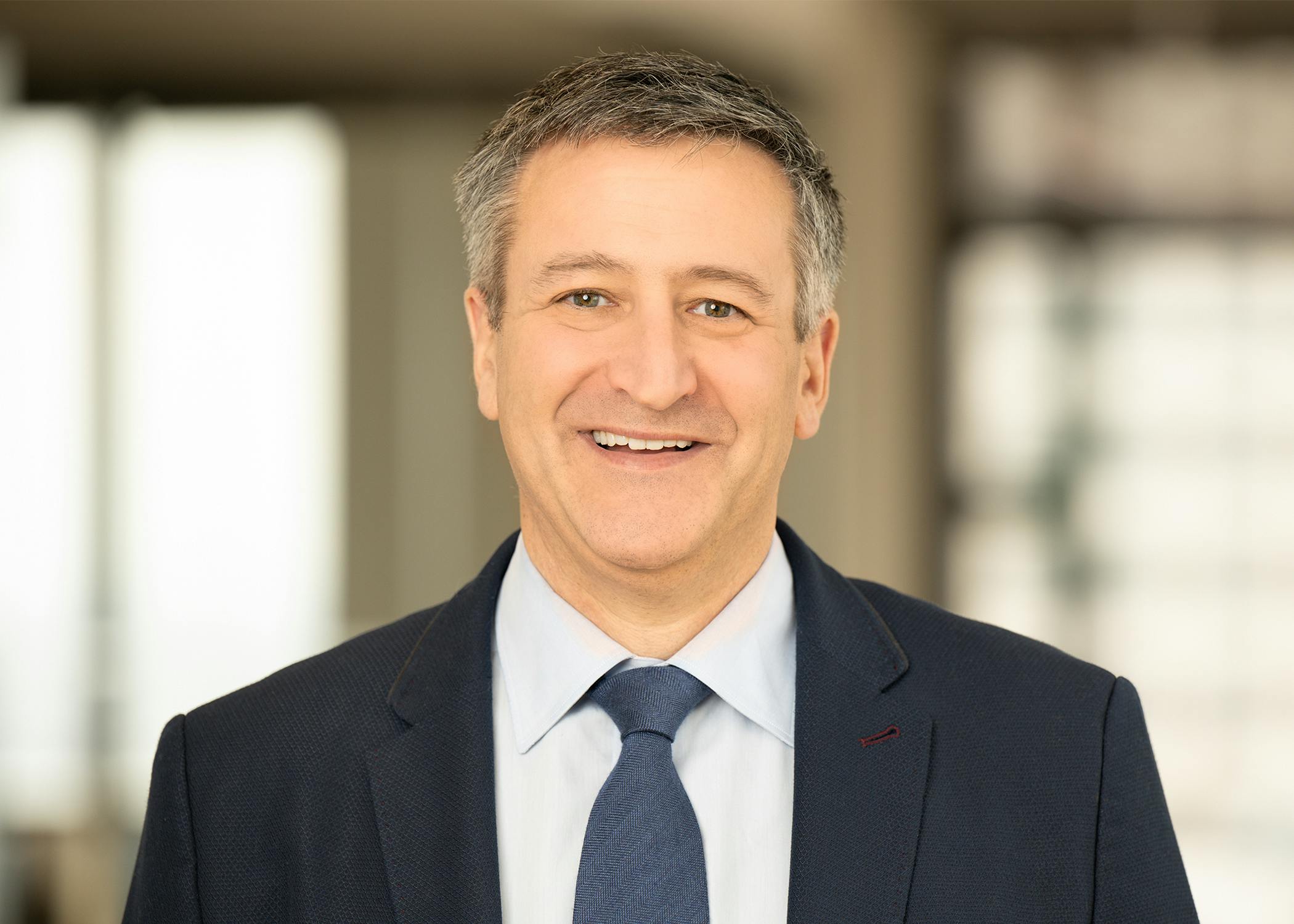The issue of artificial intelligence (AI) machines qualifying as inventors under the U.S. patent laws will likely be resolved only through Congress’s legislative action rather than through agency action of the USPTO or through judicial resolution.
In the recent lawsuit brought by the owner of an AI machine that purportedly invented two patentable devices without human intervention, the district court suggested that the issue of whether an AI machine qualifies as an inventor under the U.S. patent laws must be resolved by Congress. In Thaler v. Iancu et al., No. 1:20-cv-00903 (E.D. Va.), J. Brinkema held a hearing on cross motions for summary judgment on the particular issue of whether the USPTO properly denied patent applications solely identifying an AI machine as the inventor. This dispute has been ongoing since the owner of the AI machine, physicist Stephen Thaler, Ph.D., filed the applications in the USPTO on July 29, 2019.
Dr. Thaler argued in his summary judgment papers,
the [USPTO’s] [r]ejections create a new substantive requirement for patentability that is contrary to existing law and at odds with the policy underlying the patent system. The patent system is designed to incentivize innovation, promote disclosure of information, and encourage commercialization of new technologies. Allowing protection for AI-Generated Inventions will accomplish all of these goals, because it will incentivize parties such as Dr. Thaler to develop and use inventive machines—ultimately promoting the progress of science. Further, listing DABUS as an inventor protects the moral rights of human inventors because it prevents a person from falsely claiming credit and devaluing legitimate human ingenuity.
The USPTO’s response focused on the statutory language defining “inventor” and “joint inventor” as natural persons, 35 U.S.C. §100 (f)-(g), and the consistent use of the term “inventor” throughout the patent statute, see e.g., 35 U.S.C. §115 (a)-(b). The USPTO also noted that Congress has recently amended/changed various portions of the Patent Act without addressing this inventorship issue, thereby indicating Congressional intent to not make any changes to interpretation of the term “inventor.” According to the USPTO’s arguments, because Dr. Thaler’s statutory construction arguments fail, he is left with only policy arguments applicable for only Congress’s action.
J. Brinkema did not rule from the bench, but stated to Dr. Thaler,
I think you’ve got a huge uphill battle in this one because the statutory language is so crystal clear….Things are moving dramatically in the technological field, but we have ways in which the law operates. Courts are not legislatures … and I think ultimately what you’re asking this court to do is to legislate.
If J. Brinkema grants the USPTO’s summary judgment motion, Dr. Thaler and his legal team will likely appeal the decision.
Dr. Thaler has filed similar patent applications in the European Union and the United Kingdom. Both the EU and the UK have arrived at similar conclusions as the USPTO, i.e., that the relevant patent laws of the EU and UK, respectively, require a human inventor.
Dr. Thaler, and others seeking to expand patent protection to AI-based inventions, are not without avenues of redress. There are several pending bills in Congress addressing different aspects of AI regulation. While none of the presently pending bills specifically address the issue of non-human inventors, the pandemic and change in administration have slowed the progress of those bills as other issues predominate our national interests. Cases such as Thaler may cause Congress to consider the issue more directly as it hopefully gets back to “business as usual” over the next several months. We continue to follow any AI developments in the courts, agencies, Congress, and state legislatures.

